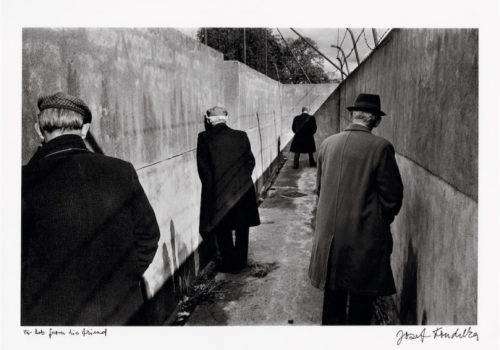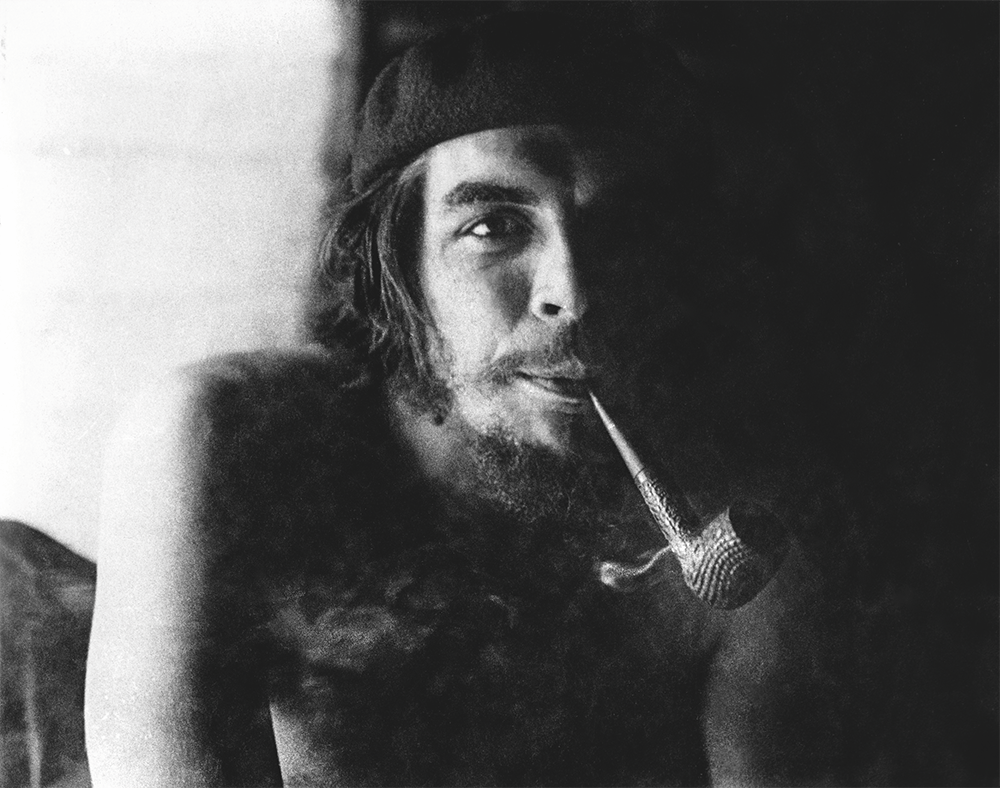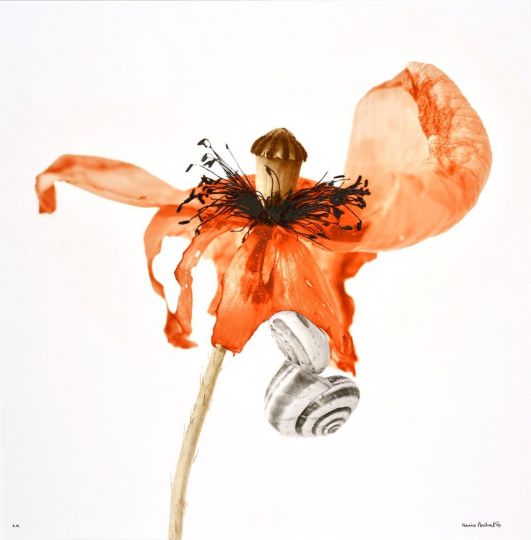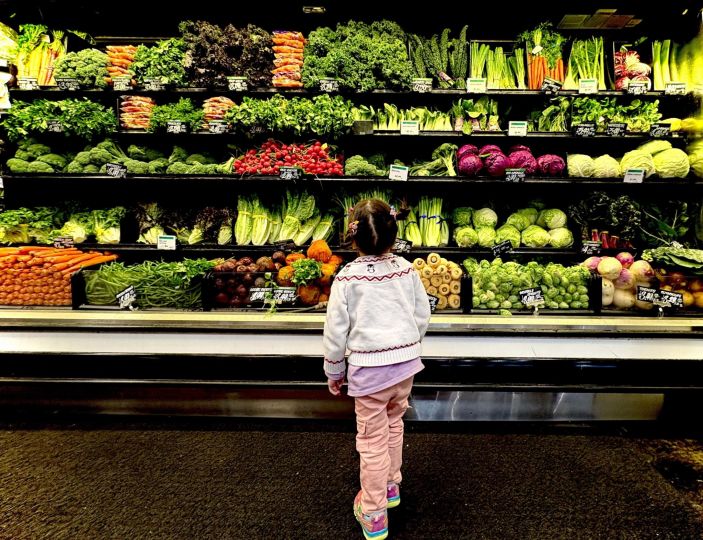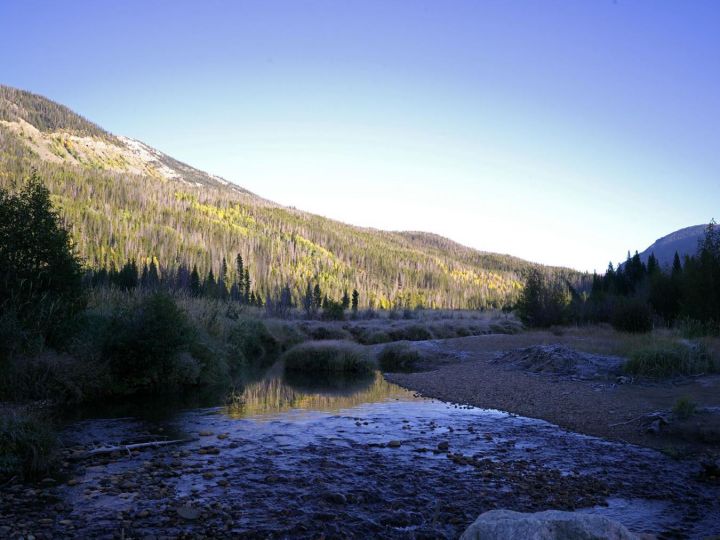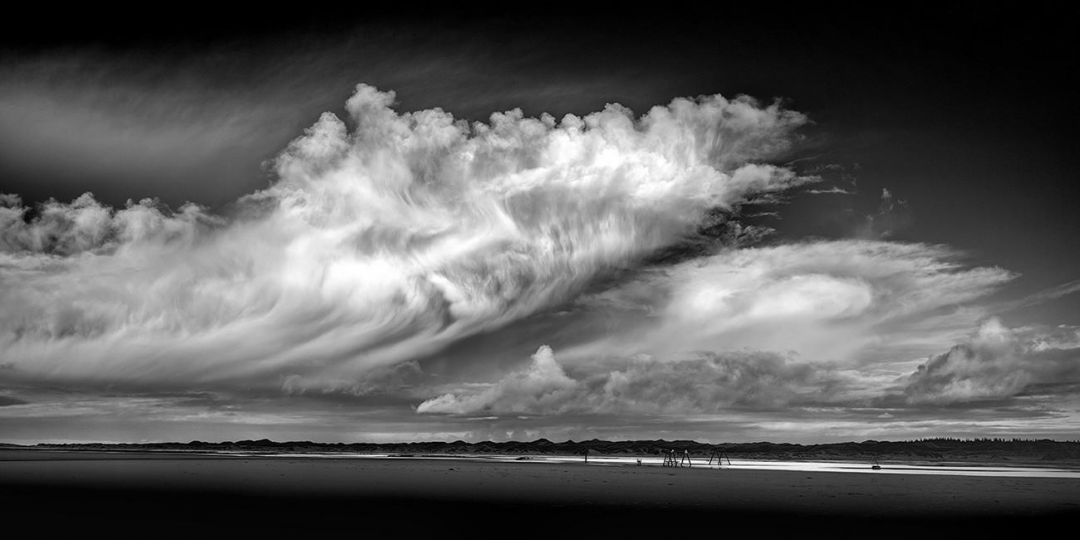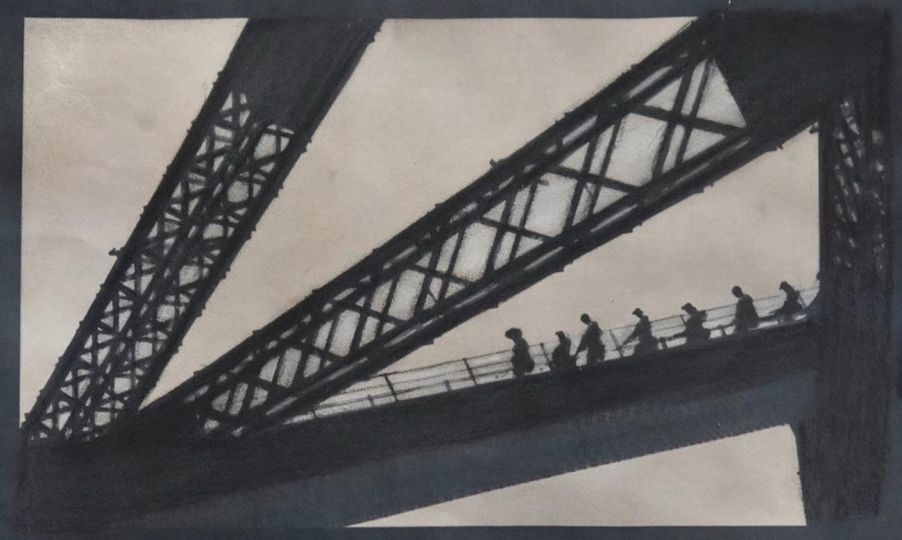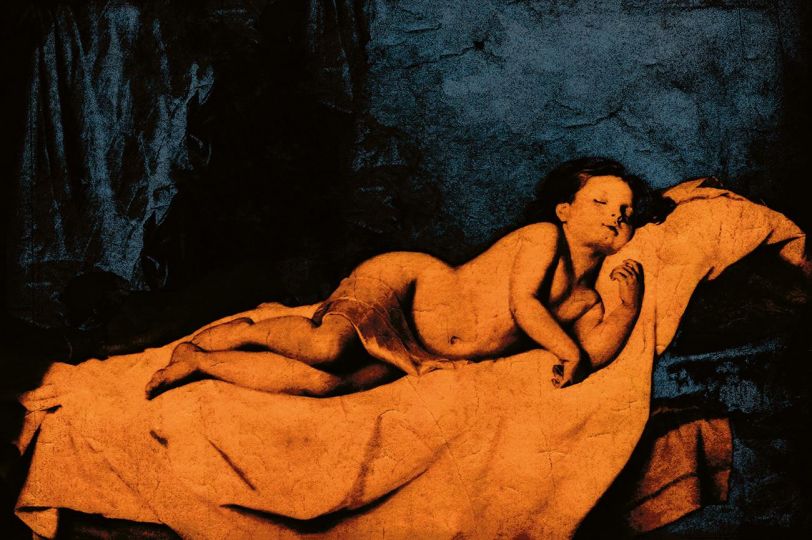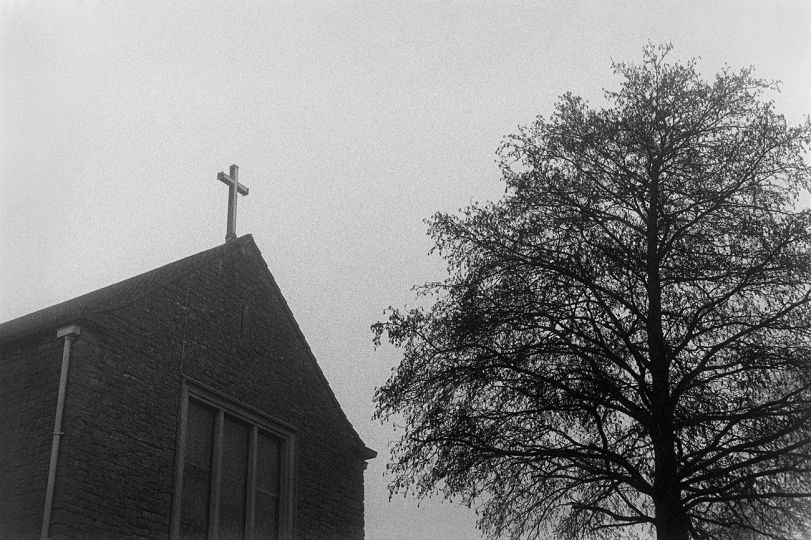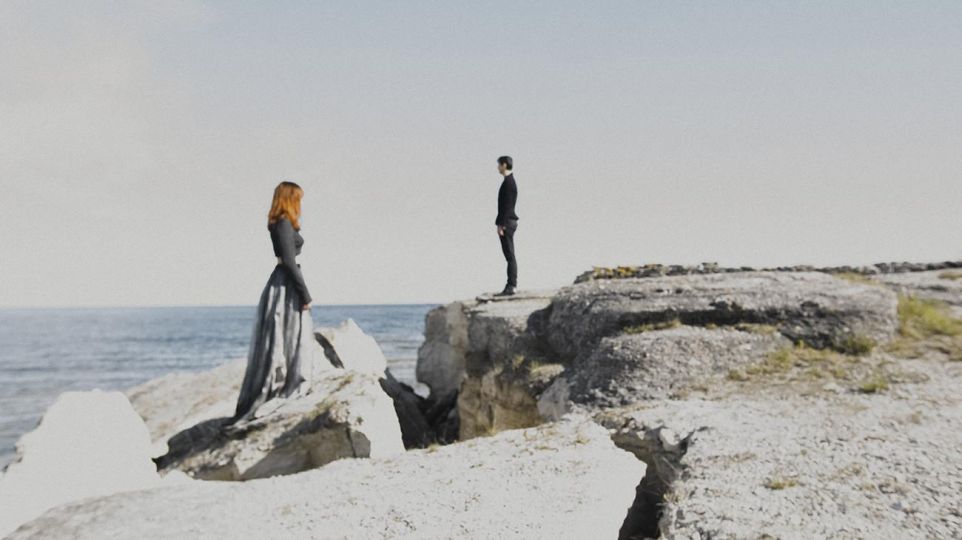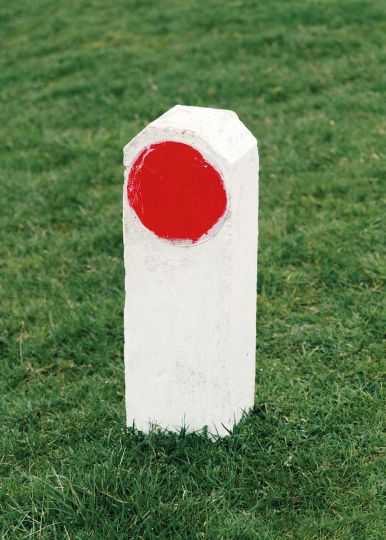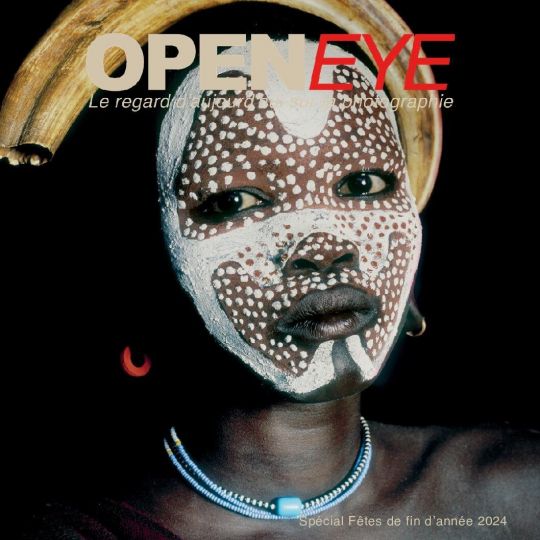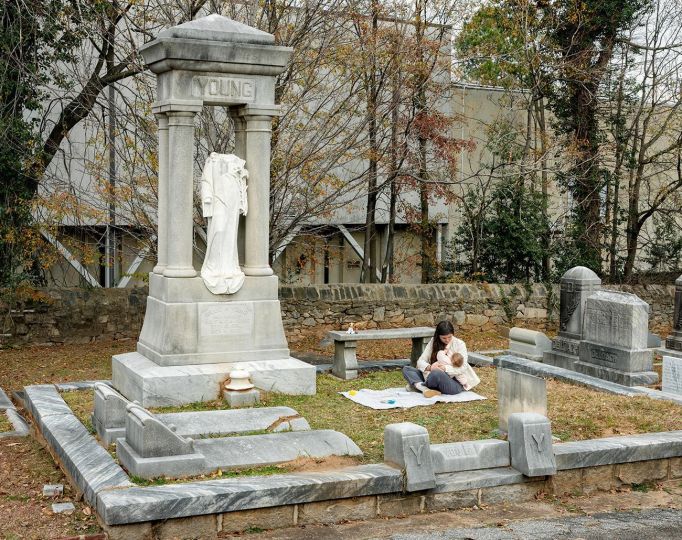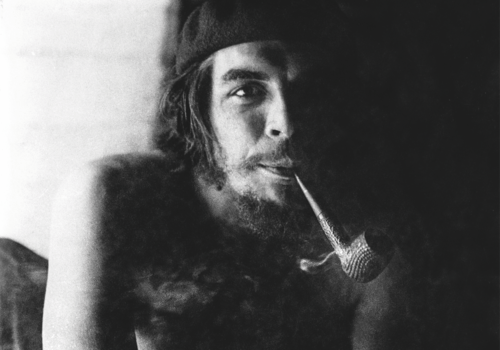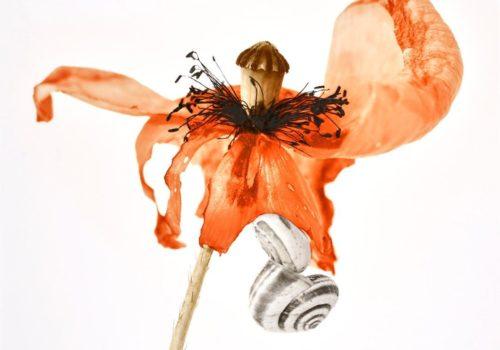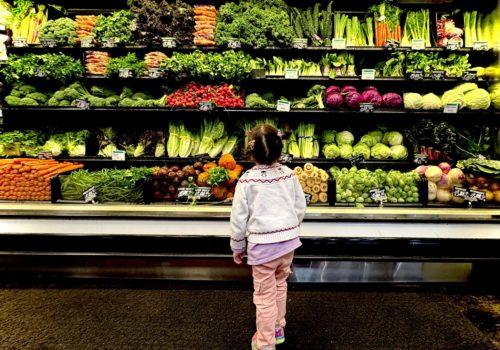Éditions Delpire just published a wonderful book dedicated to the career of the famous editor Robert Delpire and to his relationships with authors. We are presenting a selection of texts written by the publisher himself.
It’s not me who said it. It was André Breton. He was talking about painting, but the phrase is equally applicable to photography. If we must illustrate it with an example, Koudelka’s name seems to be the most à propos.
And yet, calling him wild is all too easy. Underneath, or beyond, the figure described by the media — with his sleeping bags, daily bread and milk, his asceticism and frugality, his need to control everything that is being said or written about him, as well as the paradoxical refusal to work for hire as if it meant selling his soul to whoever does the ordering— beyond the overly reductive legend that I had watched take shape little by little, year after year; beyond the Koudelka that we could call public if he weren’t anything but, there is a man whom friends call Josef. This Josef has nothing, or very little, to do with writers anxious to put the man on a pedestal, and pigeonhole him along with a pair of dusty, worn-out clodhoppers labeled, “hiking boots worn by a Czech exile on his way to becoming a legend.”
Death is a constant in his work, while everyday tragedies emanate from every contact sheet. And yet, it makes no sense to talk of him like of a Joseph K. if you have seen him feast, carouse, imbibe vodka like water, play the bagpipes at birthday parties, laugh so hard that his glasses tremble, while showing the stubby teeth of an insatiable carnivore, or yet throw Lucina up in the air — and, yes, he does have a daughter. Lucia, she is the light, you might say… and you would be right — if you’ve seen him happy, cheerful or sad, charming or insufferable, ever affectionate, but also modest, and bursting with energy.
Wild, easy to say, wild. Once you know that underneath that mute frenzy to accumulate images there are time management skills, a constant effort to improve on what has already been accomplished, a whole science of classification, and an aptitude for switching methods and comparing results; once you know that he has, not so much a precise awareness of what he expresses, but rather the intense will to do what needs to be done, that is to see, and to see more and more, and to safeguard what he sees, to fix it in a form that is his own and espouses themes that fall into place and become refined only with time.
This Josef, wild? Rather, he makes me think of those nameless builders, anonymous architects who covered the world with masterpieces and miracles of functional ingenuity perfectly adapted to their setting. Josef belongs to that tribe. He is one of those who don’t dwell on ethical or symbolic dilemmas, but possess a profound, keen sense of proportion, matter, and light that unconsciously guides them to just the right construction: the word fits both masonry and images.
I don’t think I’ve ever shared with Josef the most beautiful definition of art I know: “Art, says Claude Roy, is the shortest path from one human to another.” Among the multiplicity of arts, photography (along with music) is a shortcut. Josef Koudelka, the great walker in the territories of exile, knows those paths by heart.
And this Josef has walked a lot. Gypsies and melancholy, Prague and fury: these two, precociously flamboyant series, already contained the seeds of an exceptional talent, of a talent that stops at nothing — a talent that can only grow with time.
After 1970, everything is history: exhibitions in the most prestigious venues; books; high honors, including the national Grand Prix and the HCB Award. His notoriety is plain to see, and yet it hasn’t changed his way of walking, of traveling near and far, East and West, and it is impossible to tell whether this “Black Triangle,” apocalyptic in its degradation, belongs to Bohemia or perhaps elsewhere.
Indeed, everything is history: his convictions, emotions, he will deliver them to us, with rage, bluntly, and without bragging. For, tomorrow he will be the same as he was yesterday, a free man.
Robert Delpire
Robert Delpire is an editor, artistic director, exhibition curator, and founder of the eponymous publishing house. He lives and works in Paris.
C’est de voir qu’il s’agit…
Published by Editions Delpire
€35

